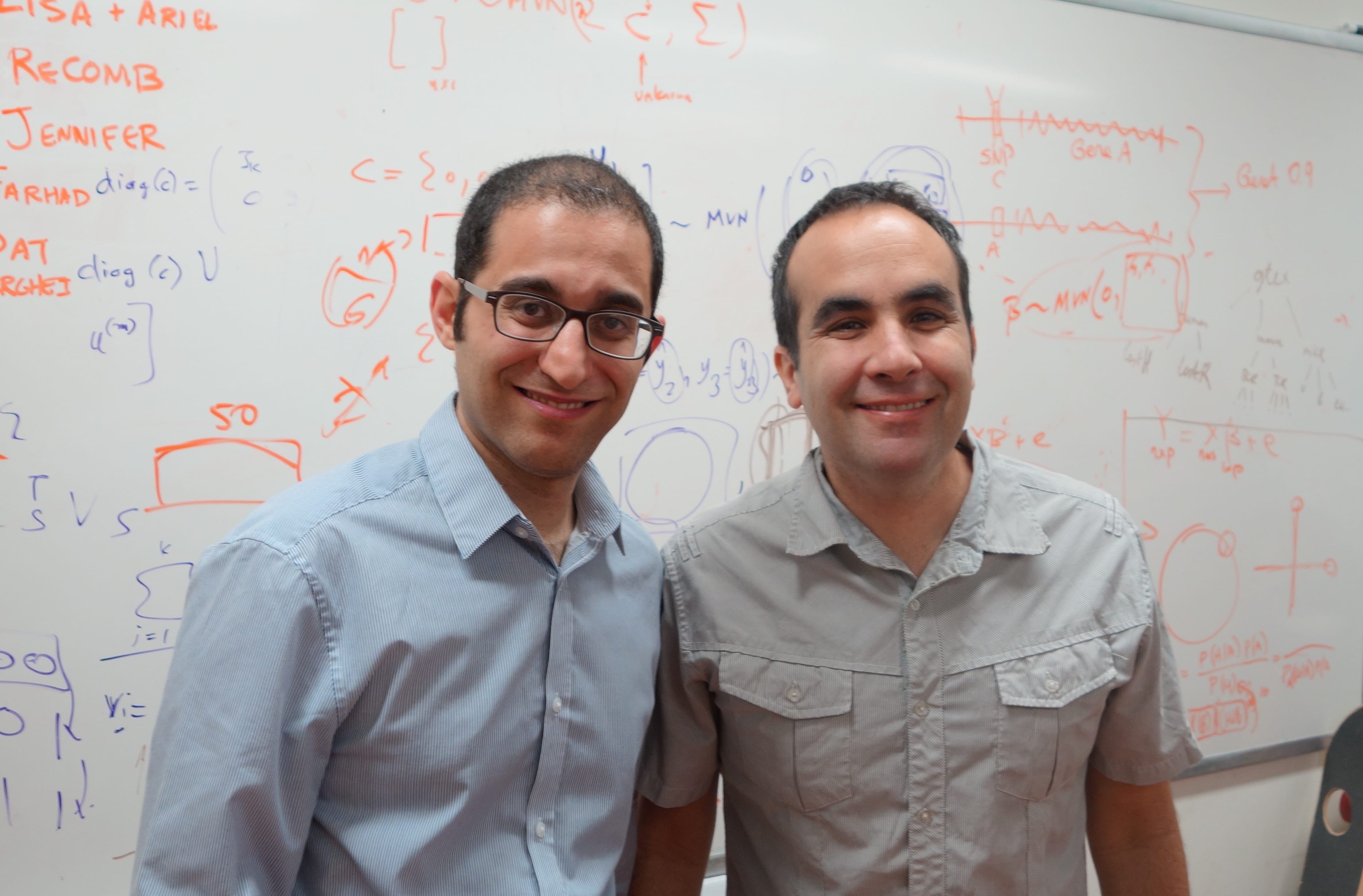Posted by: Sara Cullinan, Deputy Editor, AJHG
Each month, the editors of The American Journal of Human Genetics interview an author of a recently published paper. This month, we checked in with Eleazar Eskin, PhD, former AJHG editorial board member and senior author of “Widespread Allelic Heterogeneity in Complex Traits”.

AJHG: How did you begin working on this project?
Eleazar: This project originated when we observed a surprising result in a previous study, which was also published in AJHG. In our paper, “Colocalization of GWAS and eQTL Signals Detects Target Genes,” published in the December 2016 issue, we observed that for many loci which had both an observed expression quantitative loci (eQTL) signal as well as a GWAS signal, the actual variant responsible for these signals was different in the two studies. This was very surprising and was counter to the intuition of the field. We conjectured that what was going on was that many of the eQTL loci had multiple causal variants, referred to as allelic heterogeneity, and what could explain the observation is that the variants we are observing in the eQTL studies are only some of the variants affecting expression.
AJHG: What about this paper most excites you?
Eleazar: The method that we developed can identify alleleic heterogeneity even when we can’t pinpoint the actual causal variants. We also showed that alleleic heterogeneity is very prevalent; the primary reason we haven’t been able to detect if more frequently is that our studies are under-powered.
AJHG: Thinking about the bigger picture, what implications do you see from this work for the larger human genetics community?
Eleazar: Our study suggests that many variants are affecting each locus. Our result informs attempts to understand the mechanism underlying GWAS loci by providing a better understanding of how variants affect expression. In addition, this study helps us understand why we have, to date, been unable to detect colocalization of many GWAS and eQTL variants.
AJHG: What advice do you have for trainees/young scientists?
Eleazar: My main advice is to write up your research quickly. So much time is spent inefficiently in the writing process. On my lab website, zarlab.cs.ucla.edu, I have a series of blog posts with writing tips to help young scientists get their research published faster.
AJHG: And for fun, tell us something about your life outside of the lab.
Eleazar: I love to cook using traditional ethnic ingredients. I also love training for triathlons.
Eleazar Eskin, PhD, is a Professor of Computer Science and Human Genetics at UCLA. He has been a member of ASHG since 2006.
